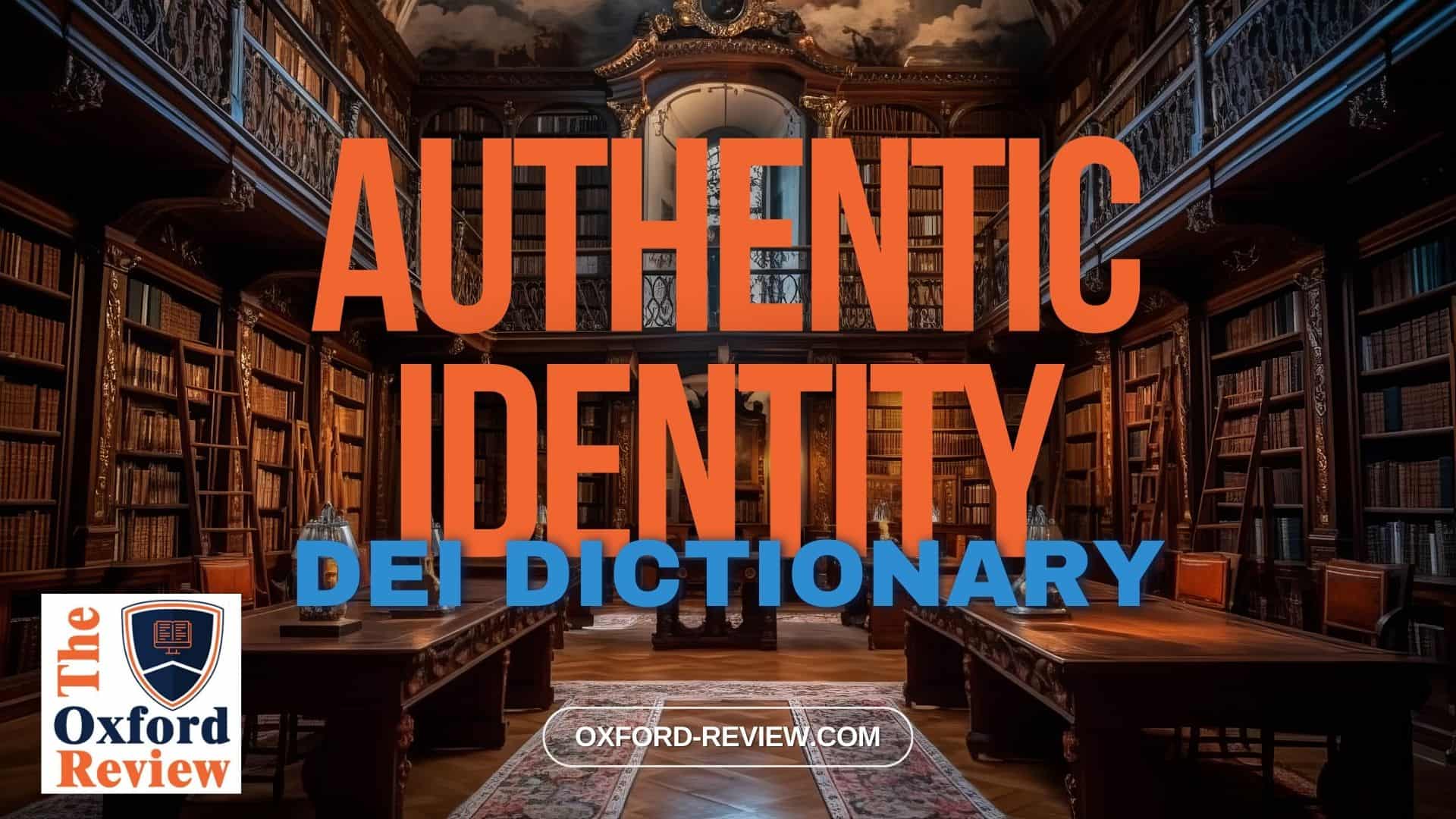Authentic Identity – Definition and Explanation

Understanding Authentic Identity: A Key Element in DEI Initiatives
In the realm of Diversity, Equity, and Inclusion (DEI), the concept of Authentic Identity plays a crucial role in fostering a workplace or community where individuals feel valued and empowered. Understanding what Authentic Identity entails is essential for organisations striving to create inclusive environments.
Definition:
Authentic Identity refers to the genuine sense of self that individuals possess, encompassing their unique experiences, cultural backgrounds, values, and beliefs. It emphasises the importance of embracing one’s true self without fear of judgment or discrimination. In DEI contexts, Authentic Identity recognises and celebrates the diverse perspectives and identities that people bring to the table.
Importance:
- Fostering Inclusivity: Recognising and respecting Authentic Identity cultivates an inclusive environment where individuals feel accepted and valued for who they truly are.
- Encouraging Representation: Embracing Authentic Identity encourages diverse representation within organisations, ensuring that voices from various backgrounds are heard and included in decision-making processes.
- Promoting Innovation: Embracing Authentic Identity fosters a culture of innovation by encouraging individuals to bring their unique perspectives and ideas to the forefront, leading to creative problem-solving and growth.
- Enhancing Employee Engagement: When employees feel free to express their Authentic Identity, they are more likely to be engaged and motivated, leading to higher levels of productivity and satisfaction.
Practical Applications:
- Training and Development: Organisations can implement training programmes that raise awareness about Authentic Identity and provide tools for employees to express themselves authentically.
- Leadership Development: In leadership roles, fostering Authentic Identity among team members can enhance collaboration, creativity, and overall performance.
- Policy Development: DEI policies should incorporate principles of Authentic Identity, ensuring that individuals are not discriminated against based on their backgrounds or identities.
- Community Building: Building communities within organisations or society that celebrate Authentic Identity can create a sense of belonging and connection among members.
Example:
Imagine a multinational corporation that values Authentic Identity within its workforce. Employees are encouraged to participate in employee resource groups (ERGs) that celebrate various cultural identities, such as LGBTQ+ communities, ethnic minorities, and individuals with disabilities. Through these ERGs, employees have the opportunity to share their experiences, collaborate on initiatives, and contribute to a more inclusive workplace culture. As a result, the company experiences higher levels of employee satisfaction, retention, and innovation.
Conclusion:
In conclusion, Authentic Identity is a fundamental concept in DEI efforts, emphasising the importance of embracing individuals’ true selves without fear of judgment or discrimination. By recognising and celebrating Authentic Identity, organisations can foster inclusivity, encourage representation, promote innovation, and enhance employee engagement. Incorporating Authentic Identity into training, leadership development, policy-making, and community-building initiatives is essential for creating environments where all individuals feel valued, respected, and empowered to thrive.
References:
Kimmons, R. (2014). Social networking sites, literacy, and the authentic identity problem. TechTrends, 58, 93-98. https://link.springer.com/article/10.1007/s11528-014-0740-y
Martinez, L. R., Sawyer, K. B., Thoroughgood, C. N., Ruggs, E. N., & Smith, N. A. (2017). The importance of being “me”: The relation between authentic identity expression and transgender employees’ work-related attitudes and experiences. Journal of Applied Psychology, 102(2), 215. https://psycnet.apa.org/record/2016-52085-001
Fleischer, L. (2005). The development of authentic identity: Implications for the soul of education. Reclaiming children and youth, 14(3), 179. https://www.proquest.com/openview/63386476f03ba119e8f84182435932eb/1?pq-origsite=gscholar&cbl=33810
Nguyen, L., & Barbour, K. (2017). Selfies as expressively authentic identity performance. https://digital.library.adelaide.edu.au/dspace/handle/2440/116728
Be impressively well informed

Get the very latest research intelligence briefings, video research briefings, infographics and more sent direct to you as they are published
Be the most impressively well-informed and up-to-date person around...
